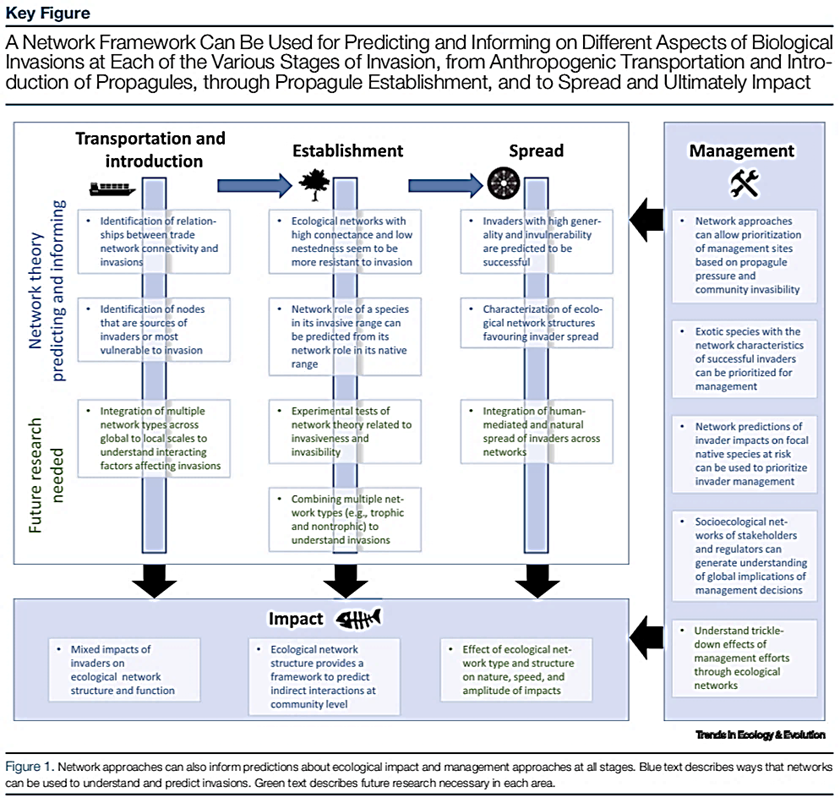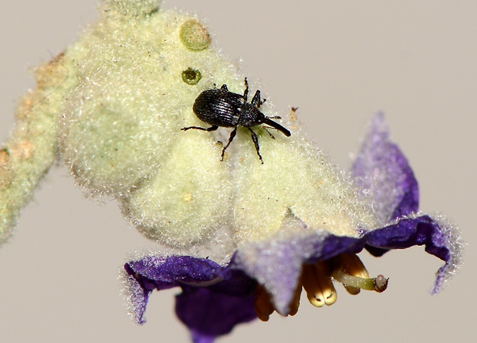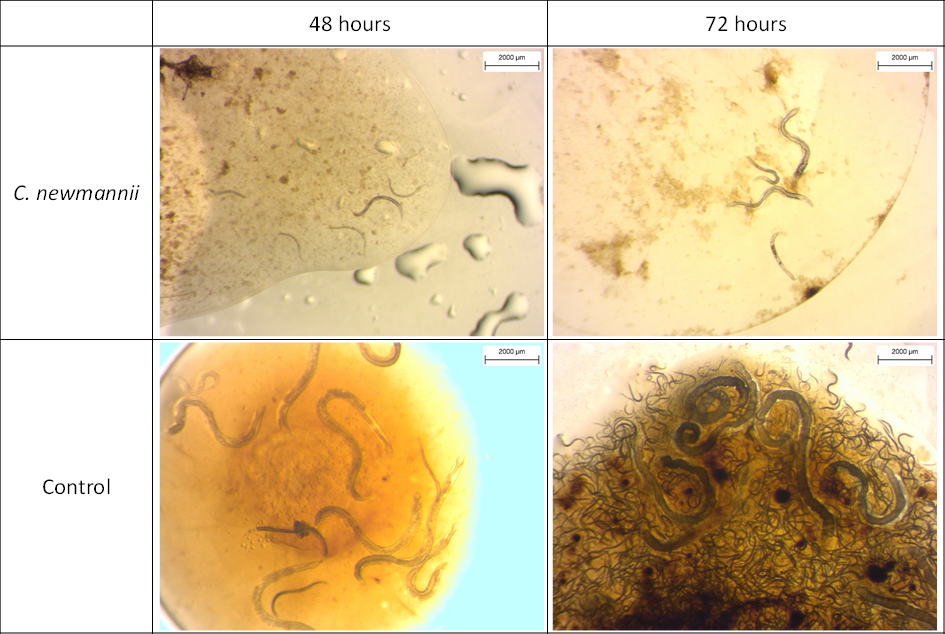How network theory can help understand and predict biological invasions
Understanding and predicting biological invasions is challenging because of the large number and complexity of interacting players. A recent study by a team of international researchers, including former C·I·B post-doctoral associate Wolf-Christian Saul, reviews the findings from network ecology...



